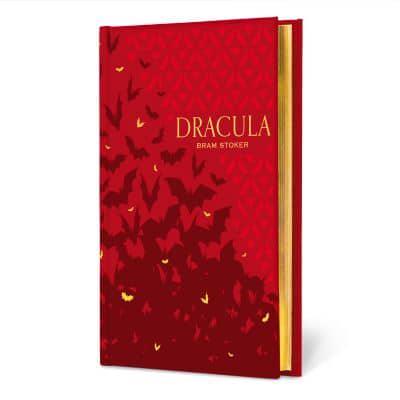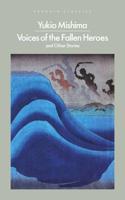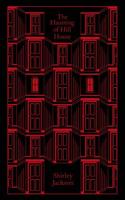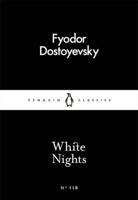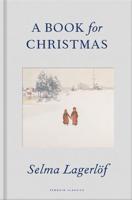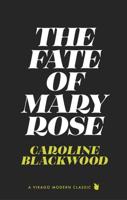Publisher's Synopsis
Discover the story of Bram Stoker's Dracula with this exquisite edition from Union Square & Co.'s Signature Gilded Editions series! The stunning Dracula special edition features sprayed edges, color end pages, a built-in ribbon bookmark, and embossed foil cover. The beautiful design and attention to detail set this special edition book apart, whether you're reading for the first time or building a library of your favorite classic literature books.
As fledgling English lawyer Jonathan Harker treks into the Carpathian Mountains to complete a real estate transaction, frightened peasants warn him of horrible dangers that await him. Harker, terrified by eerie events along the way, finally meets his client, Count Dracula, a tall, gaunt old man with a surprisingly powerful handshake. Harker soon realizes that he is a prisoner in Dracula's sumptuously furnished castle-a castle strangely devoid of mirrors. Later, as fifty coffin-sized boxes are brought into the castle in preparation for Dracula's departure, Harker knows that the count plans to do more in London than see the sights-and he fears that the rational modern world is ill-equipped to recognize, let alone defeat, the count.
First published in 1897, Dracula by Bram Stoker has become a seminal work in the genre of Gothic horror and the foundation of modern vampire mythology. The novel is set largely in England and Transylvania, weaving a chilling narrative through the experiences of its characters as they encounter Count Dracula, whose ambitions to spread his undead curse create a battle for survival. Stoker's novel explores themes of superstition versus science, modernity confronting ancient evils, and the complex interplay of sexuality, fear, and power. The character of Dracula embodies the timeless fear of the unknown and the other, making the novel a profound commentary on the anxieties of Stoker's time-fears of societal infiltration and moral decay. Dracula resonates with contemporary audiences for its deep psychological undercurrents and as a critique of invasion and cultural contamination. The enduring legacy of Dracula in popular culture is seen in the myriad adaptations and the continued fascination with vampire lore, reflecting ongoing debates about otherness and identity in today's globalized world.
